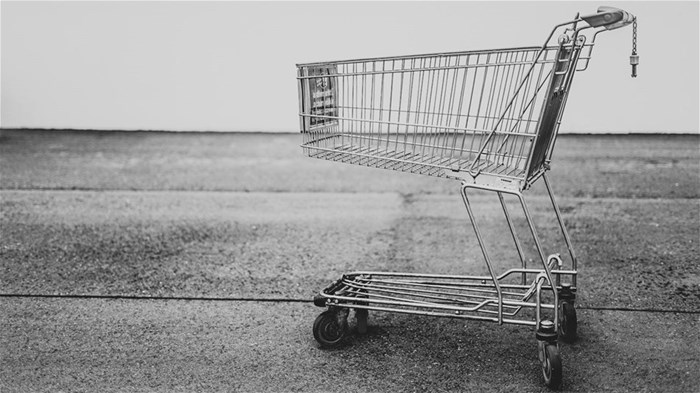More than half of South Africa’s 60 million people now use e-commerce channels for purchases. And, if one considers research that shows 47% of offline shoppers will move online within a year, it becomes clear that this number will swell exponentially in the short to medium-term.
It comes as no surprise that online marketplaces are thriving amid the e-commerce boom. As more South Africans gain access to digital platforms, it becomes easier for them to buy goods from the comfort of their home or wherever is most convenient at the time.
What is interesting to note is that the South African market differs slightly from those of first-world countries.
Electronic Funds Transfers, for example, remain important in South Africa where credit card payments are more widely accepted overseas. Being able to handle these seamlessly is vital for any local marketplace.
One area where South Africa still has an opportunity is in access to certain products, and it stands to reason that businesses able to finesse the process of sourcing and importing in-demand product lines have the potential to do well.
Making sure that buyers enjoy consumer safeguards while shopping these hard-to-find items is also important. For example, shopping on an international platform may not allow for easy, cost-effective returns. Having goods imported may also attract additional duties and fees for the buyer of the goods.
Of course, with more e-commerce businesses entering the market, a situation develops where a marketplace will need to stand out from the crowd to attract customers who have become ever-more discerning.
According to Craig Lubbe, Head of Marketplace at e-commerce ecosystem Bob Group, South African consumers are value-conscious and like to compare prices across online stores.
Lubbe says a big selling point of online marketplaces is that it is very easy to compare prices across different sellers.
“The convenience of having multiple sellers in one place positions marketplaces as ideal platforms for this comparison shopping,” he says.
Yet running a platform and making it a success are two very different things. Marketplaces need to balance ease of access to products and user experience whilst making sure that the shopping experience is safe and secure for both sellers and buyers on the platform. Communication with shoppers during this process is equally important. Good online shopping experiences require frequent delivery updates once an order is placed.
Sometimes buyers also have questions prior to making a purchase decision, which is an important part of the shopping process. “On our Bob Shop platform, for example, you can ask questions from the sellers about the products on offer, and often sellers can even source other products which are not listed at the request of a buyer.”
He says creating a user-friendly experience provides an opportunity to “delight customers”. While the experience may not necessarily be noticed at each point, ticking the right boxes helps remove barriers for customers deciding if they should buy or not.
Conversely, a bad user experience will tip the scales in the wrong direction.
There are other important aspects that sellers need to finesse. Accurate product titles, well-produced product descriptions and good product imagery affect a buyer’s purchase decision. Not enough information about the product or failing to inform customers when they can expect delivery can put off a customer immediately.
Lubbe says sellers operating on marketplaces that pay attention to detail have potential to thrive, but they should also remember that demands change. Marketplaces also need to constantly adapt to new technologies and trends. This means they should always be looking to improve the shopping experience, both for the seller and buyer.
“What we have found successful is standardising our offering in terms of payments and consistent, cost-effective delivery options, for example. As time goes on, there will be other focus areas that we need to address to remain an option for our buyers and sellers in South Africa”






























